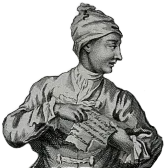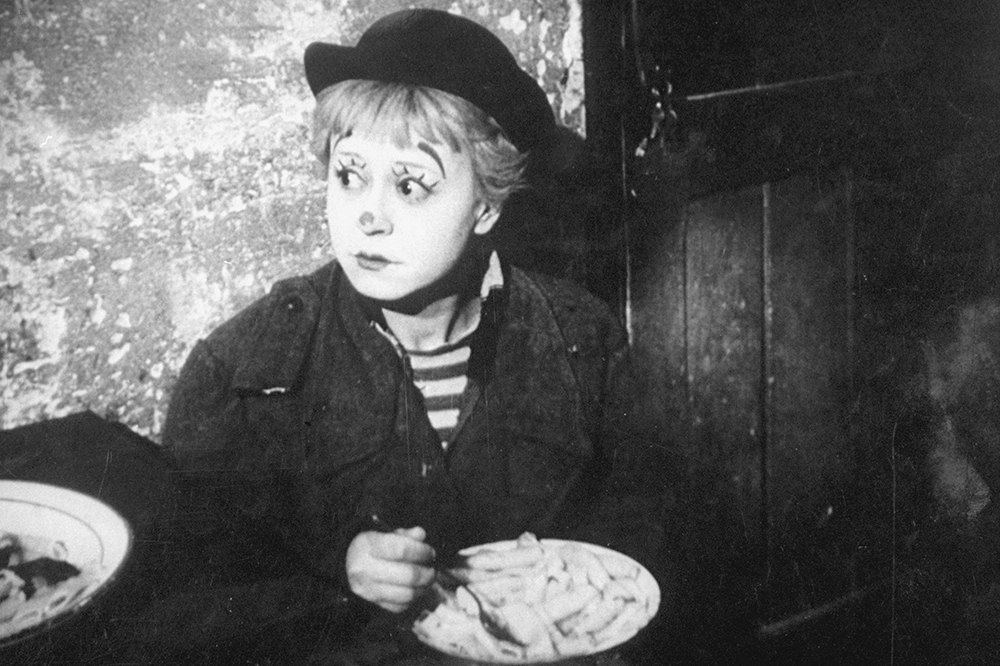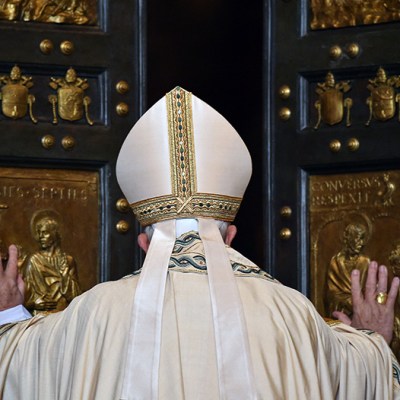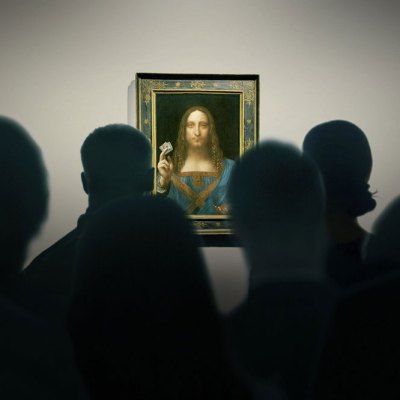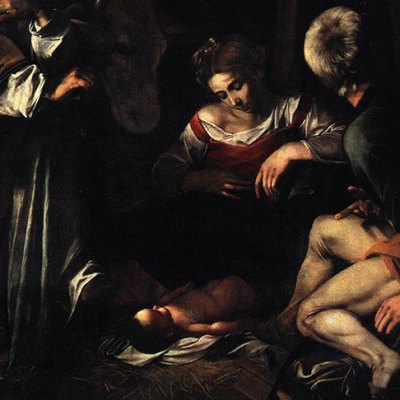When it comes to the Vatican and matters cinematic, it may be the recently released Conclave (2024) that first comes to mind. But Edward Berger’s campy thriller about the plotting cardinals who would be Pope couldn’t be further away from the predilections of the actual Pope, it seems. While Pope Francis has mentioned a fondness for Babette’s Feast (1987) in the past, in his memoir – the first papal autobiography to be published in its author’s lifetime – he displays much simpler tastes, namely a love of Italian neorealism. The films of Vittorio De Sica and Roberto Rossellini are understandable favourites, although Pope Francis has more practical applications than most for their work. De Sica’s The Children Are Watching Us (1944), for example, ‘ought to be seen by couples preparing for marriage even today, and I speak about it at the marriages that I celebrate.’ Your roving correspondent is also tickled by the idea of the Pope taking his cues in terms of appearance from the actress Anna Magnani, who once said to a make-up artist on set: ‘Leave all my wrinkles, don’t take even one of them away. They’ve taken me a lifetime to acquire.’
Freedom of expression: Pope Francis in Vatican City in December 2020. Photo by Franco Origlia/Getty Images
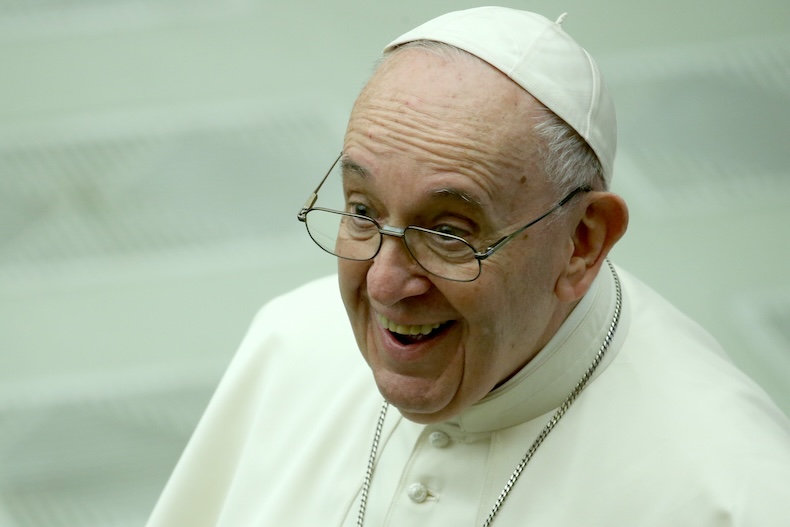
When it comes to Federico Fellini, Pope Francis says, ‘I adored Fellini as a child, up to La Dolce Vita.’ But it’s La Strada (1954) that he quotes from at length, specifically, the words of il Matto (the fool) who tells Giulietta Masina’s ‘goggle-eyed trumpet player’ that everything in the world has purpose, although only God can know what it is.
Pope Francis even tackles the fierce clerical criticism of Fellini over the succès de scandale that was La Dolce Vita (1960). ‘Every age has its examples of ostentatious piety that freeze, perhaps, at the sight of an exuberant young woman bathing in the Trevi Fountain.’ Pope Francis is not short of modern-day detractors, but it seems relatively uncontroversial to praise the artistic merits of a widely-acknowledged masterpiece that is 65 years old. However, it seems exceptionally bold, even in 2025, for the head of the Catholic Church to cite Pier Paolo Pasolini in defence of, well, anything. Pasolini, the Pope reminds us, described this masterpiece of modern ennui as ‘the highest product of Catholicism in these recent years.’ If Pope Francis has any views on the more controversial films of Pasolini himself, however, he isn’t saying.
Anita Ekberg going too far for some in a fountain. La Dolce Vita (1960), directed by Federico Fellini, was condemned by clerics when it was first released. Photo by Herbert Dorfman/Corbis via Getty Images
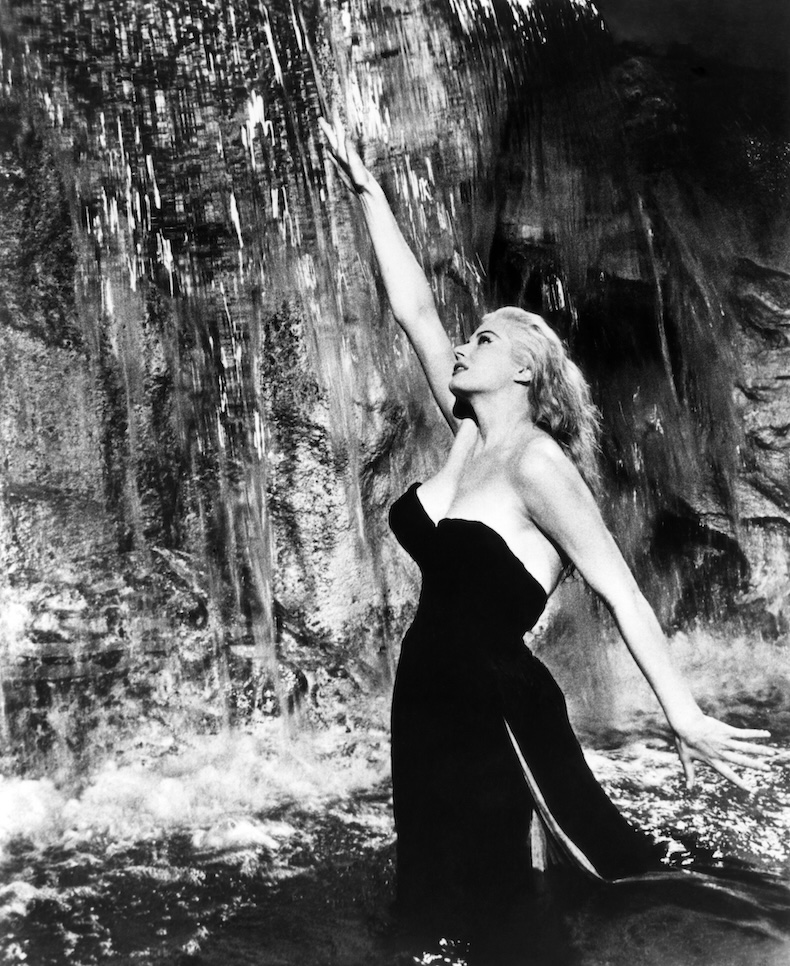
Hope: The Autobiography by Pope Francis, is translated into English by Richard Dixon (Viking).
